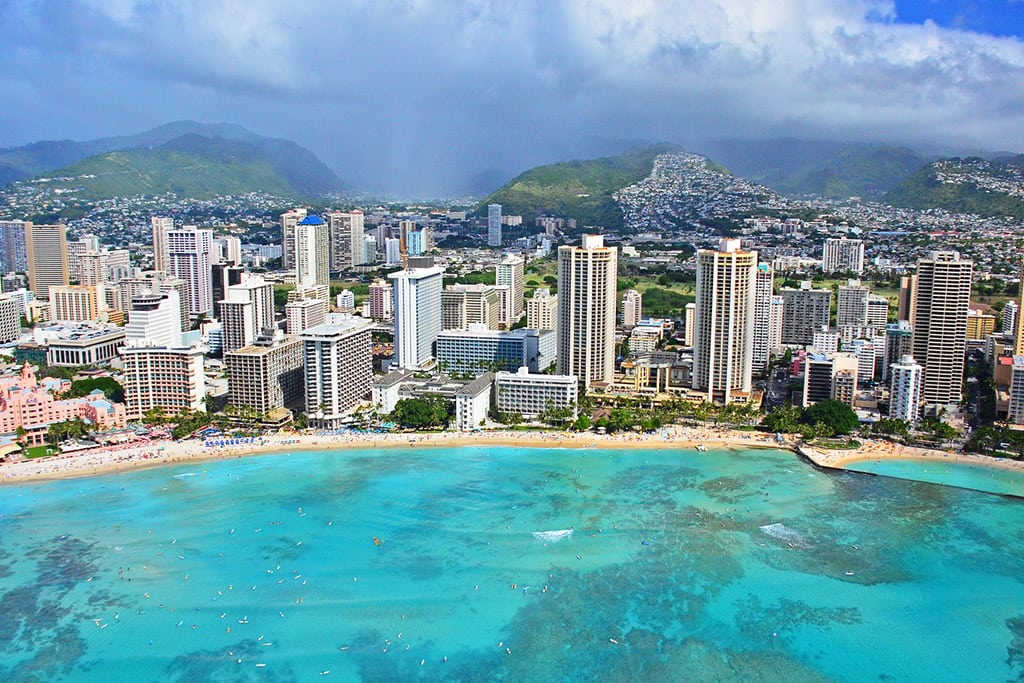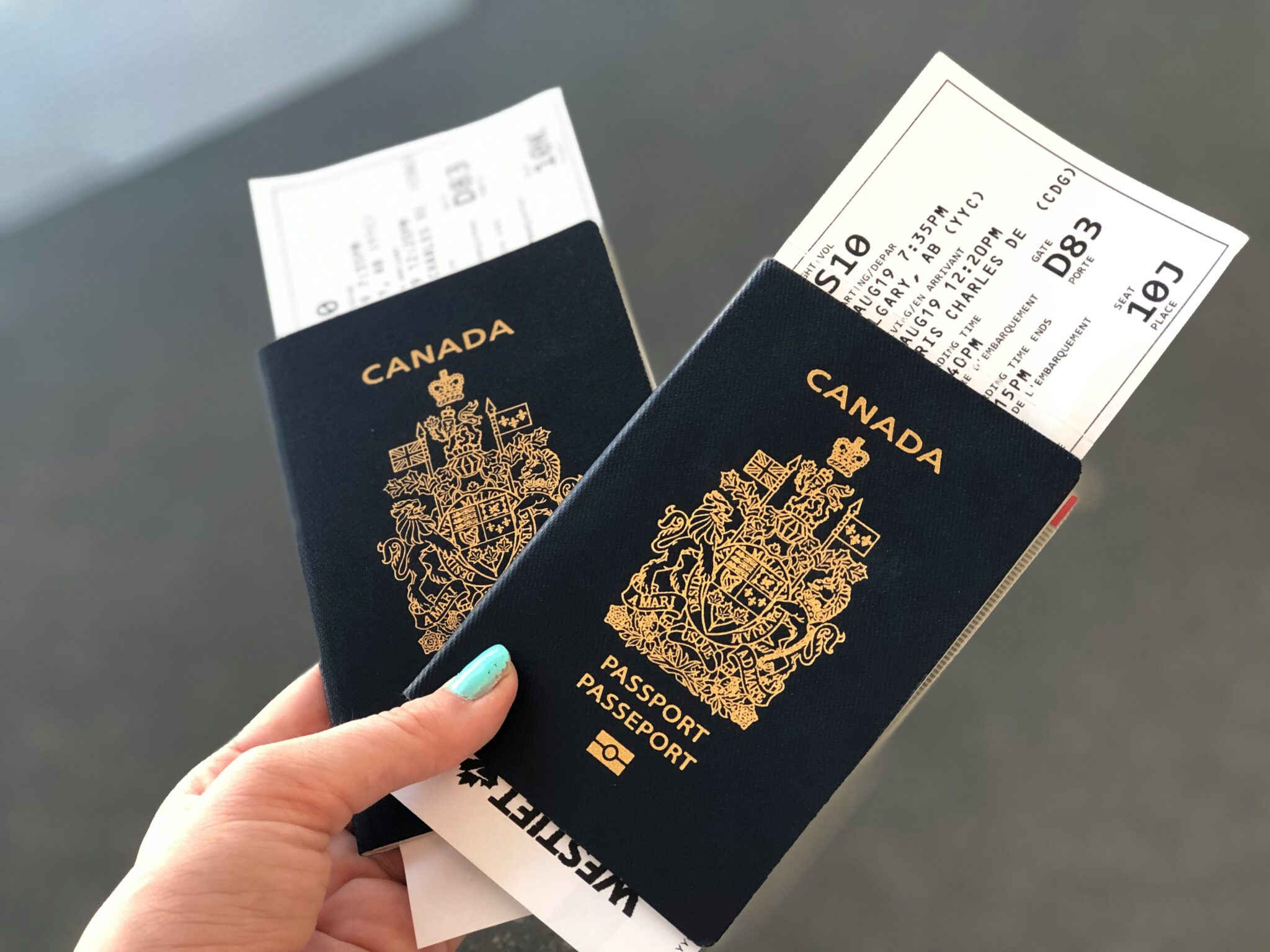Why Travelers Don't Care That U.S. Hotels Are More Expensive This Summer

Skift Take
The travelers aware of higher hotel rates across the U.S. probably aren't balking at paying more per night for their home away from home, according to hotel and airline industry analysts.
Airfare is often the first hurdle in travel research, and travelers commonly perceive flights as the most expensive aspect. In reality, this isn't always the case. Especially this year.
This summer travelers will encounter slightly lower airfares (the average domestic roundtrip is around $454, down less than 1% from last year) but steeper hotel rates of up 3-==5% nationwide year-over-year (national average daily rate is around $120).
"These [hotel numbers] aren't outrageous, a little bit higher than average but not anything to write home about," said Jan Freitag, senior vice president of strategic development at STR, a hotel data company and research firm. "Post 9/11 in 2005 room rates increased 5% and then from 2006-2007 they increased 7% and there was still no discernible impact with higher room rate on consumer demand."
Freitag said the upward pricing spiral isn't over as STR projects room rates will land 5% higher at end of 2015 than they were in December 2014 and by end of 2016 they'll be 5% higher than they'll be at the end of this year. The demand for rooms will keep growing as well during the next two years but the hotel supply boom helping revitalize local economies might be too much too soon. This, and robust demand, are the two biggest reasons travelers can blame for their pricier hotel bills.
"We're expecting occupancy percentages to break records this year but eventually supply growth will outpace demand growth and this probably won't happen until 2017 nationwide," said Freitag. "At that point the question is what will happen, that's the question that everyone's wondering about."
"Pricing power is firmly in the hands of general managers at the property level and they're scared of what might happen tomorrow. But people know what to expect in markets that are traditionally expensive anyways so I don't think there will be any surprises."
The Airfare Side
So how will this relate to airfares and how the total cost of travel is perceived and considered?
Travelers' typical method of operation indicate a mostly nonchalant response.
"The $199 each way LAX-Hawaii airfare was never a deterrent to spending $500 per night for a week at a resort property," said Robert Mann, an airline industry analyst. "Travelers try to get all the discounts and lowest airfares they can just because they think they can. Where travelers think they have leverage, they think they can extract that and airlines are one of those places."
"And if you're paying those ancillary fares for extra bags and legroom, did you really save any money and can you say you got a cheaper fare?"
Mann said the lower airfares making headlines are localized, if even noticeable, in markets like Dallas and Houston which each have two airports where there's lots of competition between network and low cost carriers keeping ticket prices lower. With its stronghold at Dallas/Fort Worth International Airport, American Airlines underestimating Southwest and Virgin America's entrances at Dallas Love Field is one example of this, Mann said.
Although there's more domestic capacity on flights this summer than last year which has helped airfares take a small dip, Mann added capacity historically diminishes after Labor Day. Meaning, any relief in airfares travelers see during the next few months isn't an invitation to get too comfortable.




